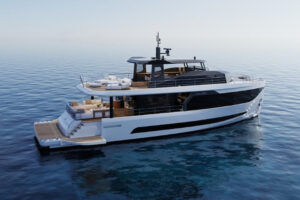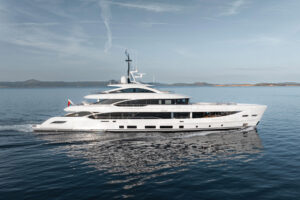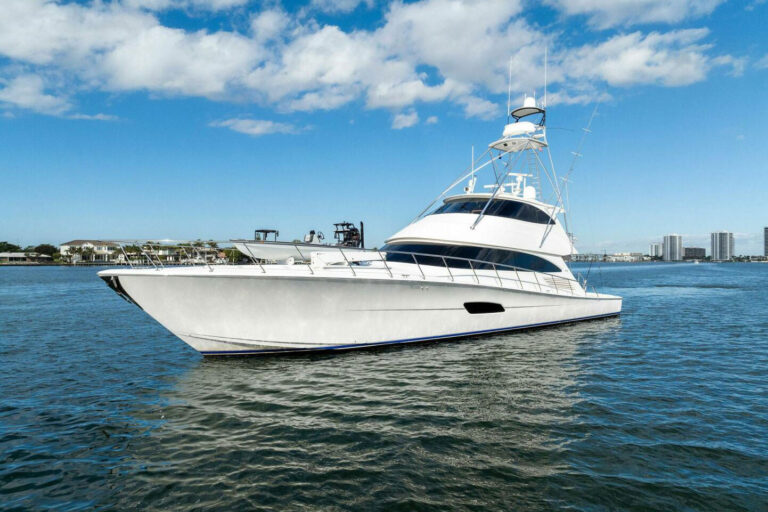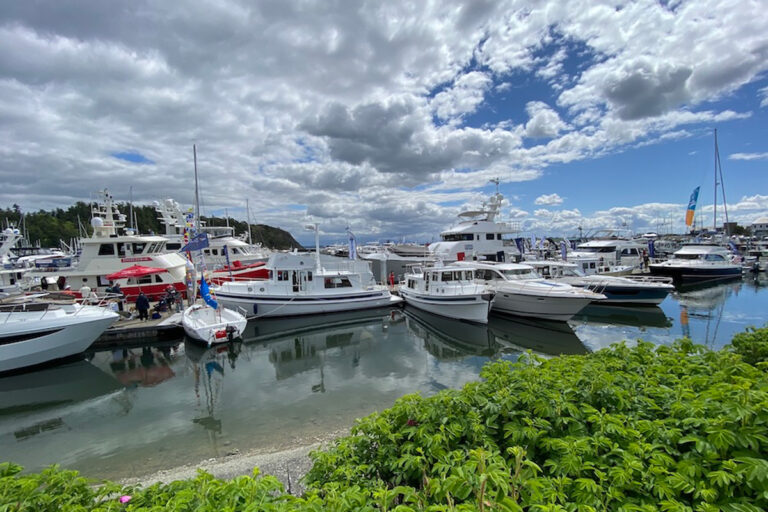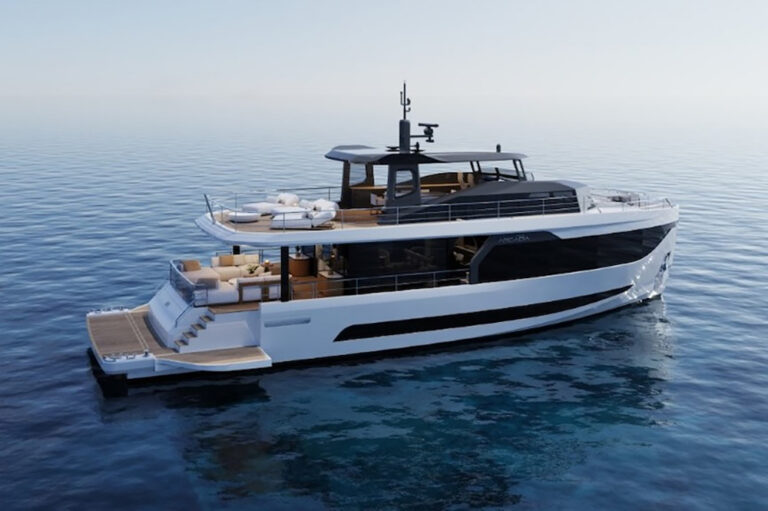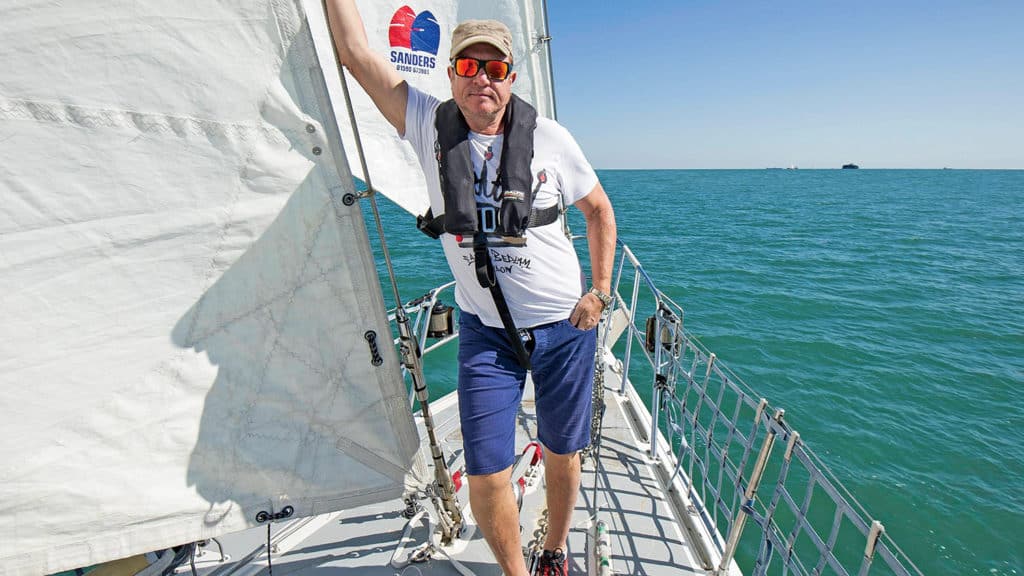
If it hadn’t been for his grandmother, Duran Duran’s Simon Le Bon may never have developed a lifelong passion for the sea.
Born and raised in Pinner, a town in northwest London, Le Bon fell in love with all things water when his grandmother moved to the south coast of England in 1965. He was 6 years old. She had bought a home close to Poole Harbour, which has more than a dozen marinas and yacht clubs, attracting sailors of all ages.
“For 10 years, every summer holiday, every Easter holiday, every half-term, every weekend from May until October, that’s where I was with my family,” Le Bon says. “I know Poole Harbour really well.”
The lead singer of the iconic 1980s pop band remembers getting up as early as 7:30 a.m. with his parents and two younger brothers “to get a decent parking space and a nice patch of sand on the beach” in nearby Sandbanks, which is known for high-end real estate overlooking the English Channel.
And he remained connected to the sea even after Duran Duran had its breakthrough U.S. hit, “Hungry Like the Wolf.” The band shot its famous “Rio” music video in Antigua, with Le Bon sitting on the bow of a wooden ketch called Eilean.
Three years later, his passion for the sport of sailing would nearly kill him.
Competing in the 608-mile Fastnet yacht race off the south coast of Britain on August 11, 1985, Le Bon’s 78-foot Maxi yacht Drum capsized after the keel broke from the hull. The accident left Le Bon, who had been asleep, and five other crewmembers trapped in a small air pocket inside the boat.
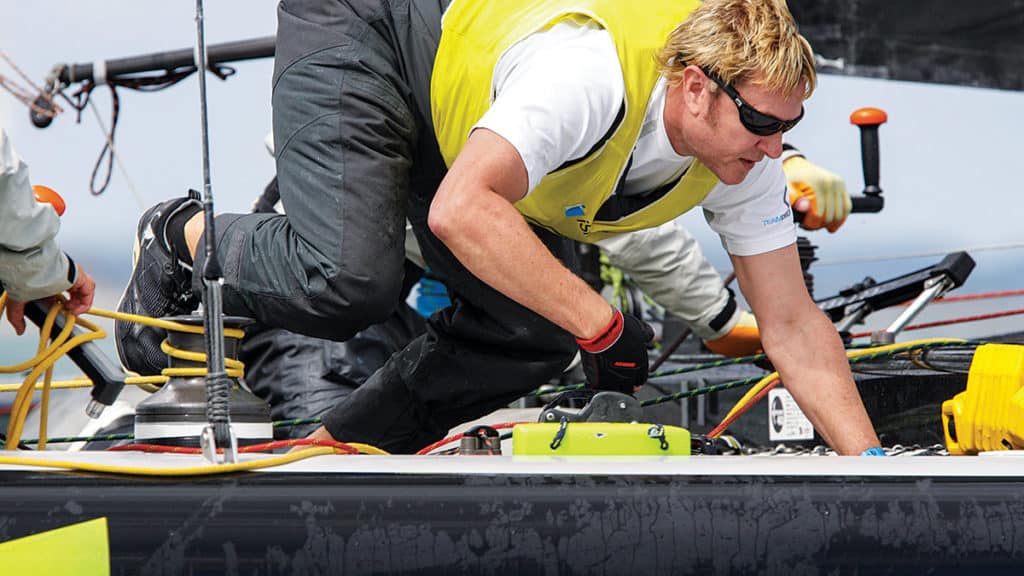
Although a nearby yacht immediately raised an alarm, the men were stuck inside for 40 minutes while seawater rose around them. Eventually, they were rescued by a diver from the Royal Naval Air Squadron, who had to swim underneath the boat several times to lead them to safety.
“It really did frighten me,” Le Bon told CNN Online in October, calling the experience life-changing. “It’s something you don’t realize until after the event.” He struggled to sleep with the memories.
Although Le Bon had commissioned Drum to take part in the 1985-86 Whitbread Round the World Yacht Race, he had second thoughts. Then he got a call from his American skipper, Skip Novak, who said Whitbread organizers were willing to delay the start by a month while Drum was repaired.
“I said, ‘Skip, I don’t think I can do it,’” Le Bon says. “‘It just terrified me, and I am still suffering.’ And he went, ‘Simon, England expects!’”
Le Bon relented, and Drum finished third in the Whitbread in elapsed time.
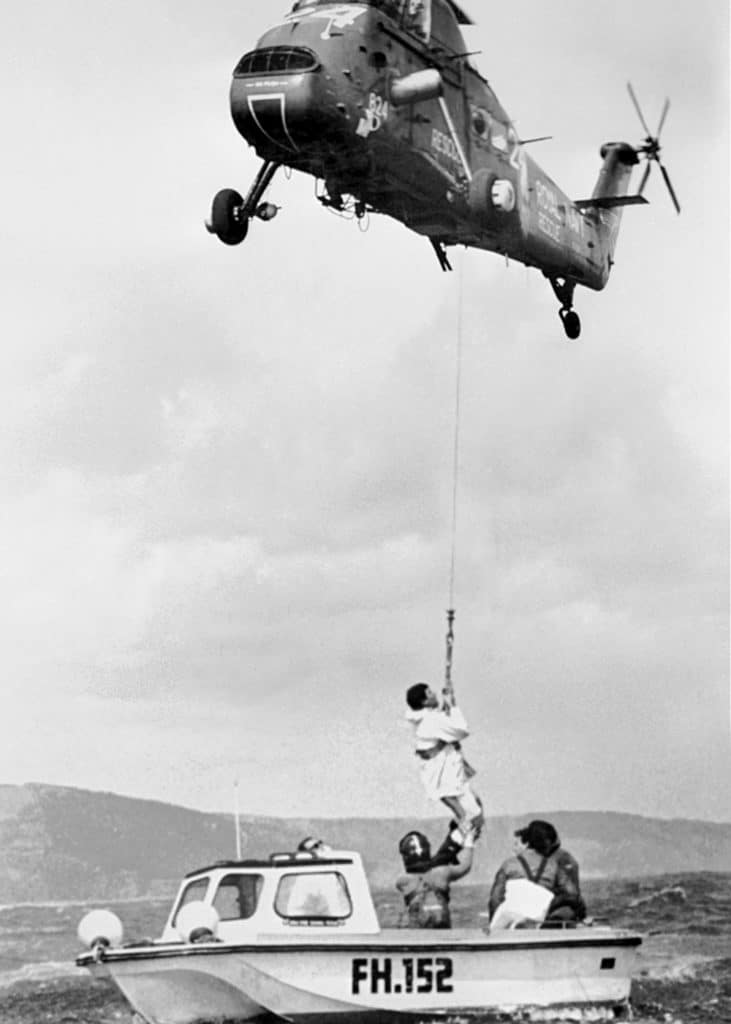
Now 60, Le Bon and his wife recently became grandparents. Over the years, Le Bon has seen dramatic changes in the health of the world’s oceans, and has become a long-standing ambassador of the Blue Marine Foundation, which is trying to counter the impact of overfishing and the destruction of biodiversity.
“More fish, less plastic,” he says, recalling a 1985 cruise from Antigua to Venezuela. “I swam in the sea then. I went back, maybe three or four years ago. I didn’t get as far down south, but I tell you, there is a big difference. Big changes. There isn’t as much life.”
His round-the-world racing days may be behind him, but the water still plays an important role in his life.
“I’ve got a wooden motorboat. It lives in Italy, and I get it out every now and again,” says Le Bon, who is back touring with his Duran Duran bandmates. “And I still sail.”


